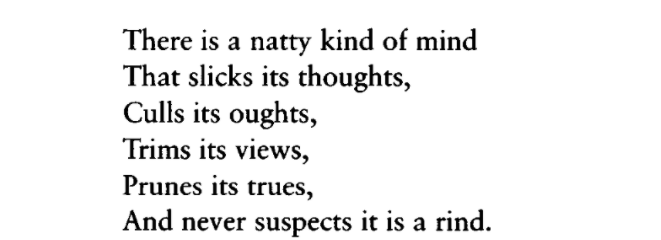“Avey”
by
Jean Toomer
FOR a long while she was nothing more to me than one of those skirted beings whom boys at a certain age disdain to play with. Just how I came to love her, timidly, and with secret blushes, I do not know. But that I did was brought home to me one night, the first night that Ned wore his long pants. Us fellers were seated on the curb before an apartment house where she had gone in. The young trees had not outgrown their boxes then. V Street was lined with them. When our legs grew cramped and stiff from the cold of the stone, we’d stand around a box and whittle it. I like to think now that there was a hidden purpose in the way we hacked them with our knives. I like to feel that something deep in me responded to the trees, the young trees that whinnied like colts impatient to be let free… On the particular night I have in mind, we were waiting for the top-floor light to go out. We wanted to see Avey leave the flat. This night she stayed longer than usual and gave77 us a chance to complete the plans of how we were going to stone and beat that feller on the top floor out of town. Ned especially had it in for him. He was about to throw a brick up at the window when at last the room went dark. Some minutes passed. Then Avey, as unconcerned as if she had been paying an old-maid aunt a visit, came out. I don’t remember what she had on, and all that sort of thing. But I do know that I turned hot as bare pavements in the summertime at Ned’s boast: “Hell, bet I could get her too if you little niggers weren’t always spying and crabbing everything.” I didnt say a word to him. It wasnt my way then. I just stood there like the others, and something like a fuse burned up inside of me. She never noticed us, but swung along lazy and easy as anything. We sauntered to the corner and watched her till her door banged to. Ned repeated what he’d said. I didnt seem to care. Sitting around old Mush-Head’s bread box, the discussion began. “Hang if I can see how she gets away with it,” Doc started. Ned knew, of course. There was nothing he didnt know when it came to women. He dilated on the emotional needs of girls. Said78 they werent much different from men in that respect. And concluded with the solemn avowal: “It does em good.” None of us liked Ned much. We all talked dirt; but it was the way he said it. And then too, a couple of the fellers had sisters and had caught Ned playing with them. But there was no disputing the superiority of his smutty wisdom. Bubs Sanborn, whose mother was friendly with Avey’s, had overheard the old ladies talking. “Avey’s mother’s ont her,” he said. We thought that only natural and began to guess at what would happen. Some one said she’d marry that feller on the top floor. Ned called that a lie because Avey was going to marry nobody but him. We had our doubts about that, but we did agree that she’d soon leave school and marry some one. The gang broke up, and I went home, picturing myself as married.






